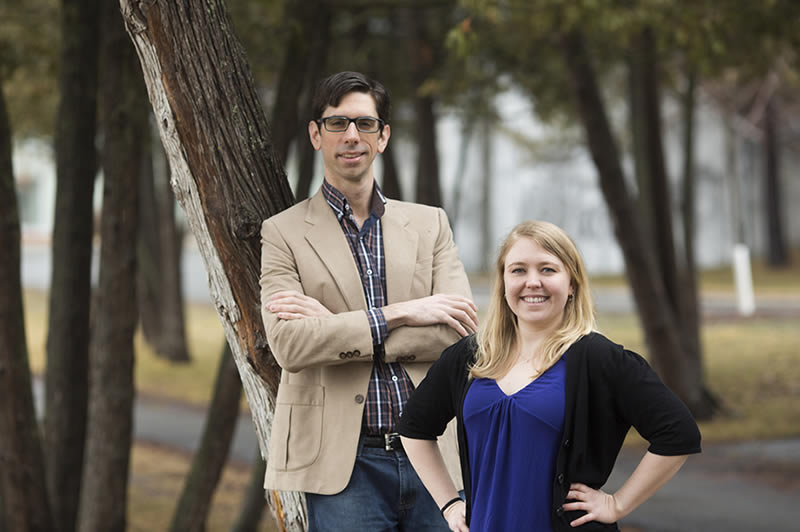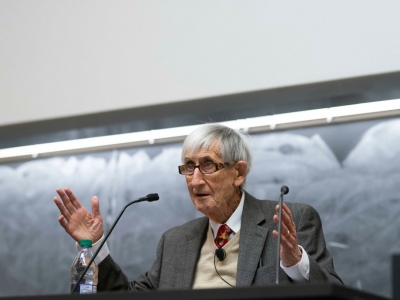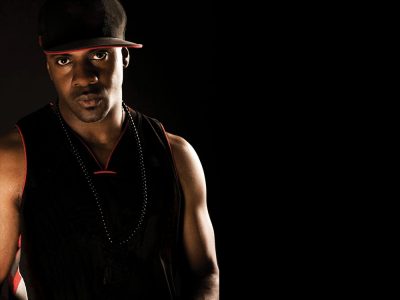By Susan Hickman
There’s a lot to be learned from a conference that attracts people behind community-campus partnerships from all over the world and Carleton University is front and centre this year.
The 2015 event on campus from May 26 to 29 will explore “citizen solutions for a better world” by investigating policy development for solutions in health, social economy, environmental sustainability, community food security and employment.
Conference co-ordinator Nicole Bedford says the “cross-pollination of ideas” makes the Expo series unique.
“Community-campus projects tackle a wide range of issues,” she says, “which means the conference can see attendees who specialize in anything from human rights to social enterprise and government policy. All these individuals have unique perspectives on how to make the world a better place, which provides a very valuable networking and knowledge-sharing opportunity for conference attendees.”
The bi-annual three-day event (Community, College, University-Exposition), often gathers more than 400 people to hear speakers engaged in social, cultural, health, environment and economic issues as community-campus partnerships showcase their best practices.
Chris Yordy, a Carleton graduate student who attended the 2013 C2UExpo in Cornerbrook, NL, is working behind the scenes on program development for the upcoming event and says it’s a great opportunity for Carleton students to become involved as ambassadors.
In Newfoundland, Yordy, a PhD candidate in the School of Public Policy and Administration, presented a talk about his research with the Community First: Impacts of Community Engagement (CFICE) project overseen by Carleton.
“The diversity of organizations that have a stake in creating a better tomorrow undoubtedly offers the kind of experience you look back on and think: ‘Something is different,’” he says.
“It could be an NGO from New York City sharing a new software application on green maps. It could be the health of newcomers to Canada, including those who identify as gay, lesbian or transgendered and coming from different parts of the world.’’
Before studying at Carleton, Yordy worked as an economist and development practitioner in the Middle East and North Africa. He has been involved in field research on community food and nutritional security in Egypt. The 2013 conference, he says, “was a way for me to bring some of those things to bear in a local context.”

Chris Yordy and Nicole Bedford
This year’s expo will emphasize building practical skills, problem solving and developing action plans, explains Bedford.
“Our goal is to have conference attendees leave feeling as if they have gained key skills or had a difficult problem addressed, so they are re-energized to continue their important community-campus partnership work.”
Organizers have been seeking proposals on leading-edge work, encouraging presenters to submit sessions that use different presentation styles to engage their audiences.
“At past conferences, we have seen drumming circles, storytelling, theatre performances and world cafés, in addition to standard oral presentations and panels,” says Bedford.
Students who attend will be able to expand their networks and knowledge through exposure to how community-campus projects are making the world a better place, she adds.
“Community-campus collaboration is key for fostering research and project development that has practical, on-the-ground impacts towards healthier communities and a better world.”



